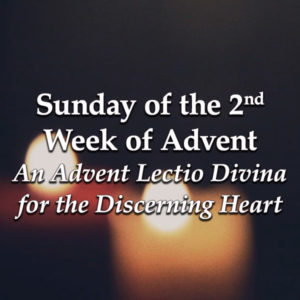Podcast: Play in new window | Download (Duration: 30:53 — 21.4MB) | Embed
Subscribe: Apple Podcasts | Spotify | Amazon Music | Android | Pandora | iHeartRadio | JioSaavn | Podchaser | Gaana | Podcast Index | Email | TuneIn | Deezer | Anghami | RSS | More

St. Ambrose of Milan, Part 1 – The Doctors of the Church with Dr. Matthew Bunson
- Born: 340 AD
- Died: January 1, 397 AD
Dr. Matthew Bunson and Kris McGregor delve into the life and legacy of St. Ambrose of Milan, one of the first four Doctors of the Church. St. Ambrose, born in 340 AD to a prominent Christian Roman family, was shaped by a devout household and a comprehensive education in literature, rhetoric, and law. Despite initially serving as a governor in the Roman Empire, his unexpected appointment as Bishop of Milan arose during a contentious period marked by the Arian heresy. Despite his reluctance, Ambrose accepted the role, undergoing baptism and theological study, and embracing his mission to defend and shepherd the Christian community. His dedication to scripture, particularly the Old Testament, influenced his homiletic style and laid the foundation for practices like Lectio Divina.
St. Ambrose’s ability to bridge secular leadership and ecclesial authority brought stability to Milan and served as an inspiration for future saints like Augustine of Hippo. His profound faith and intellectual contributions include his role in opposing Arianism and shaping the Christian theological tradition. St. Ambrose’s life exemplifies the hallmark of a Doctor of the Church: profound teaching intertwined with sanctity, humility, and obedience to God’s will.
Discerning Hearts Reflection Questions
- The Role of Divine Providence: How can we recognize and embrace God’s unexpected plans for our lives, as St. Ambrose did when called to be a bishop?
- Faith and Family Influence: In what ways does your family or community shape your faith journey, similar to how St. Ambrose’s upbringing prepared him for his vocation?
- The Witness of Integrity: How does living a life of integrity and faithfulness to Christ impact those around you, as it did for St. Ambrose with his community?
- Preparation for Mission: What steps can you take to deepen your knowledge of Scripture and Church teachings, following St. Ambrose’s example of relentless study?
- Defending the Faith: How can you actively defend the truths of the Catholic faith in the face of modern challenges, inspired by St. Ambrose’s opposition to heresies?
- Surrendering to God’s Will: What areas of your life require greater surrender to God’s will, mirroring St. Ambrose’s total dedication to his calling?
- The Influence of Prayer: How can practices like Lectio Divina and prayerful reflection on Scripture strengthen your spiritual life and guide your actions?
For more on St. Ambrose of Milan and his teachings
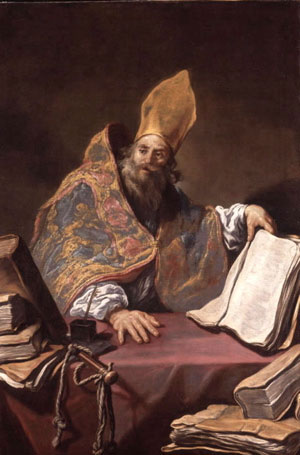
- Ambrose
- On the Christian Faith (De fide)
- On the Holy Spirit
- On the Mysteries
- On Repentance
- On the Duties of the Clergy
- Concerning Virgins
- Concerning Widows
- On the Death of Satyrus
- Memorial of Symmachus
- Sermon against Auxentius
- Letters
For more from Dr. Matthew Bunson, check out his Discerning Hearts page.
Dr. Matthew E. Bunson is a Register senior editor and a senior contributor to EWTN News. For the past 20 years, he has been active in the area of Catholic social communications and education, including writing, editing, and teaching on a variety of topics related to Church history, the papacy, the saints and Catholic culture. He is faculty chair at Catholic Distance University, a senior fellow of the St. Paul Center for Biblical Theology, and the author or co-author of over 50 books including The Encyclopedia of Catholic History, The Pope Encyclopedia, We Have a Pope! Benedict XVI, The Saints Encyclopedia and best-selling biographies of St. Damien of Molokai and St. Kateri Tekakwitha.


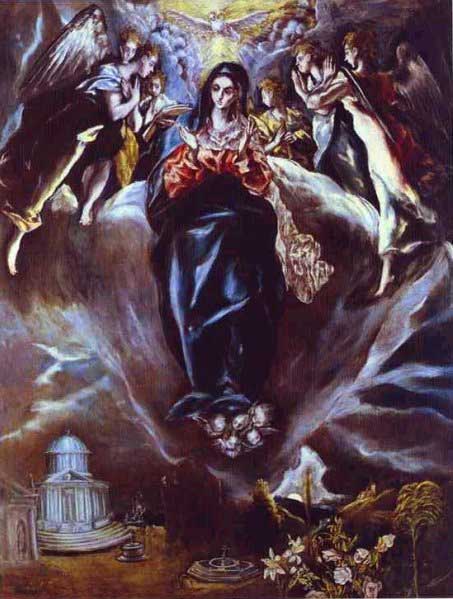
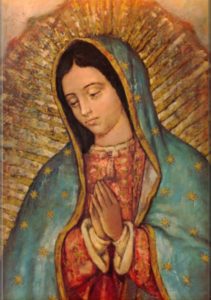

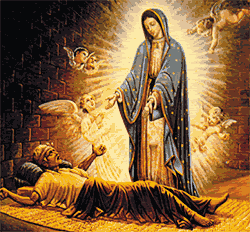
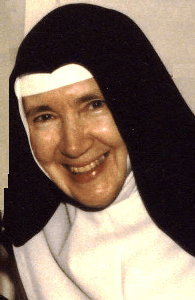
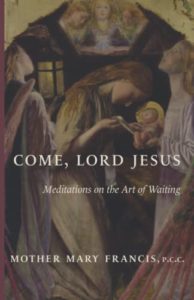

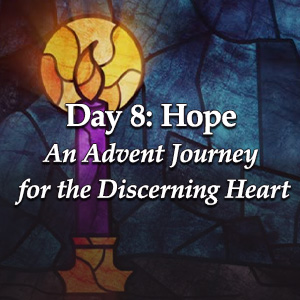 DAY 8 – Hope
DAY 8 – Hope